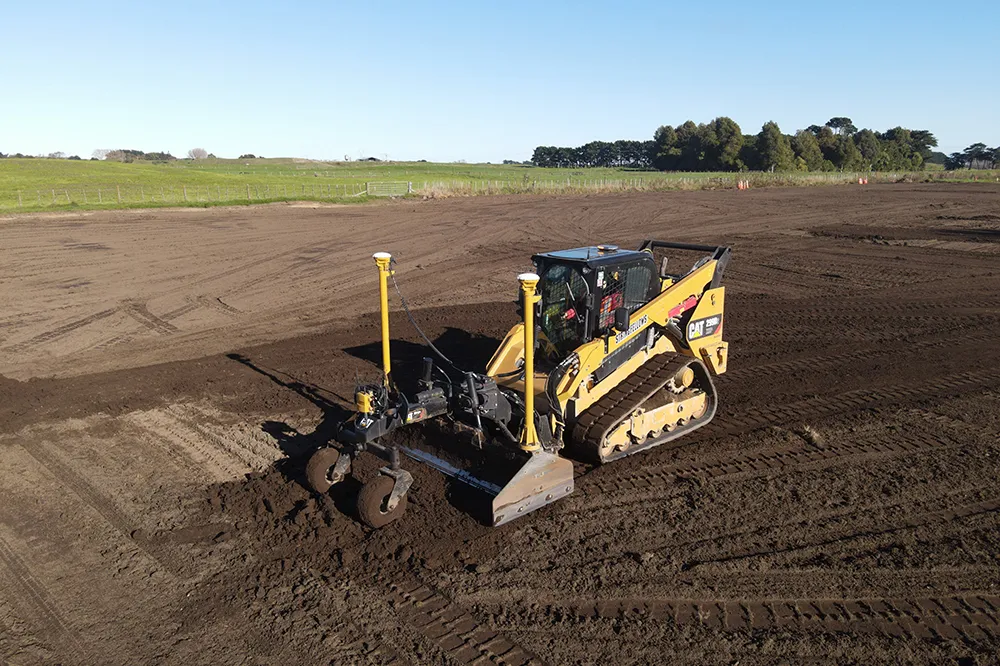A US federal safety grant of has allowed the Associated General Contractors of America to continue to provide highway work zone safety training classes next year.
The AGCA said it will use the US$120,000 (€107,000) Susan Harwood Training Grant from the US Department of Labor to offer the classes to highway, street and bridge construction workers.
The classes will provide comprehensive information about proper set-up of highway work zones, flagger safety and heavy equipment management, said Stephen San
December 11, 2015
Read time: 2 mins
A US federal safety grant of has allowed the Associated General Contractors of America to continue to provide highway work zone safety training classes next year.
The AGCA said it will use the US$120,000 (€107,000) Susan Harwood Training Grant from the US Department of Labor to offer the classes to highway, street and bridge construction workers.
The classes will provide comprehensive information about proper set-up of highway work zones, flagger safety and heavy equipment management, said Stephen Sandherr, the association’s chief executive.
“No amount of safety gear will protect a worker if they get hit by a speeding vehicle. The best defence from crashes is teaching crews how to set up and operate safer work zones,” said Sandherr.
According to the latest federal safety data, from 2003 to 2010, 962 workers were killed at road construction sites between 2003 and 2010. The AGCA also noted that a survey conducted by them earlier this year found that 50% of contractors had vehicles crash into their work zones during the past year. In 16% of the crashes, workers were injured and in 9% of the crashes workers were killed.
The AGCA said it will use the US$120,000 (€107,000) Susan Harwood Training Grant from the US Department of Labor to offer the classes to highway, street and bridge construction workers.
The classes will provide comprehensive information about proper set-up of highway work zones, flagger safety and heavy equipment management, said Stephen Sandherr, the association’s chief executive.
“No amount of safety gear will protect a worker if they get hit by a speeding vehicle. The best defence from crashes is teaching crews how to set up and operate safer work zones,” said Sandherr.
According to the latest federal safety data, from 2003 to 2010, 962 workers were killed at road construction sites between 2003 and 2010. The AGCA also noted that a survey conducted by them earlier this year found that 50% of contractors had vehicles crash into their work zones during the past year. In 16% of the crashes, workers were injured and in 9% of the crashes workers were killed.









